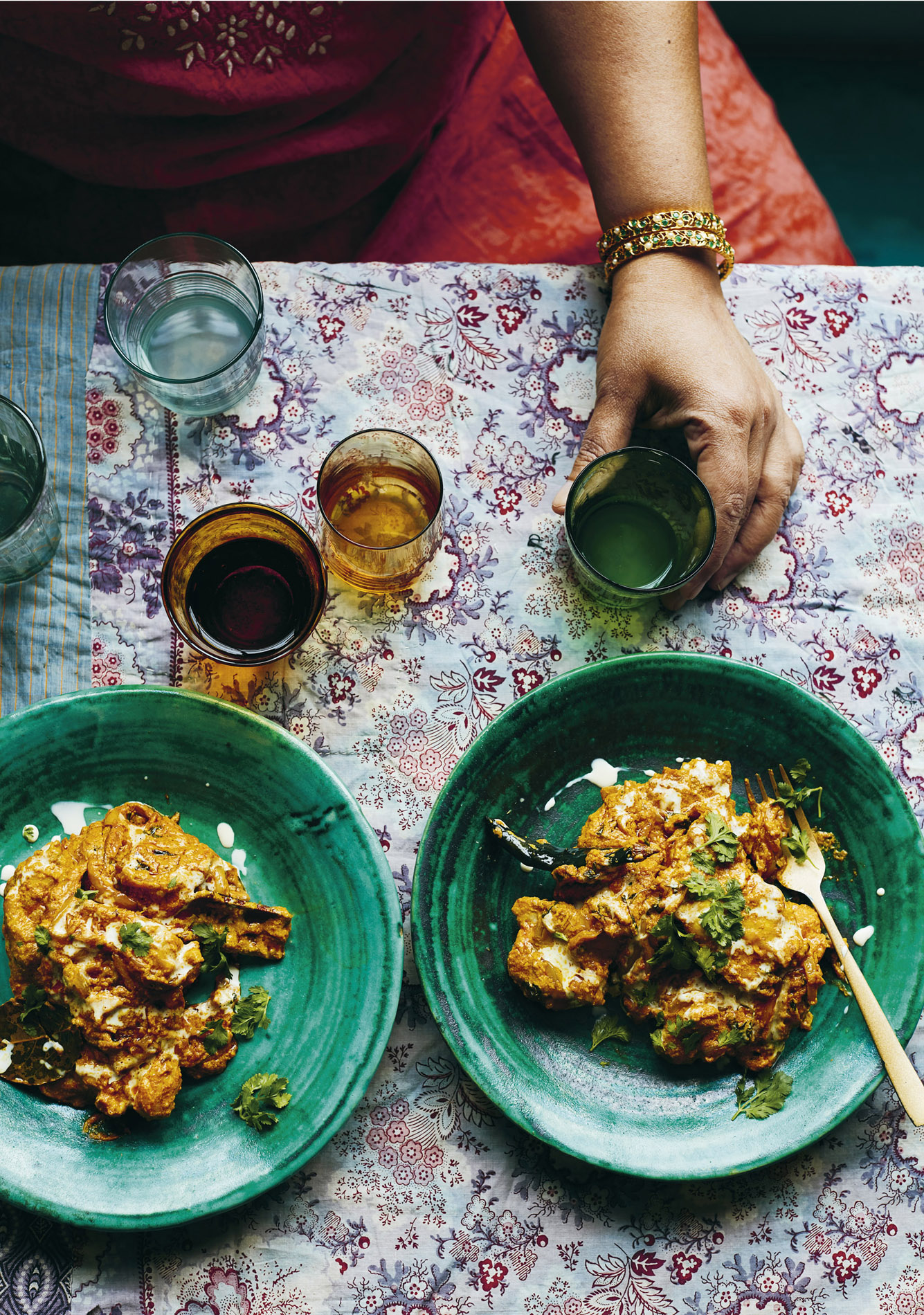
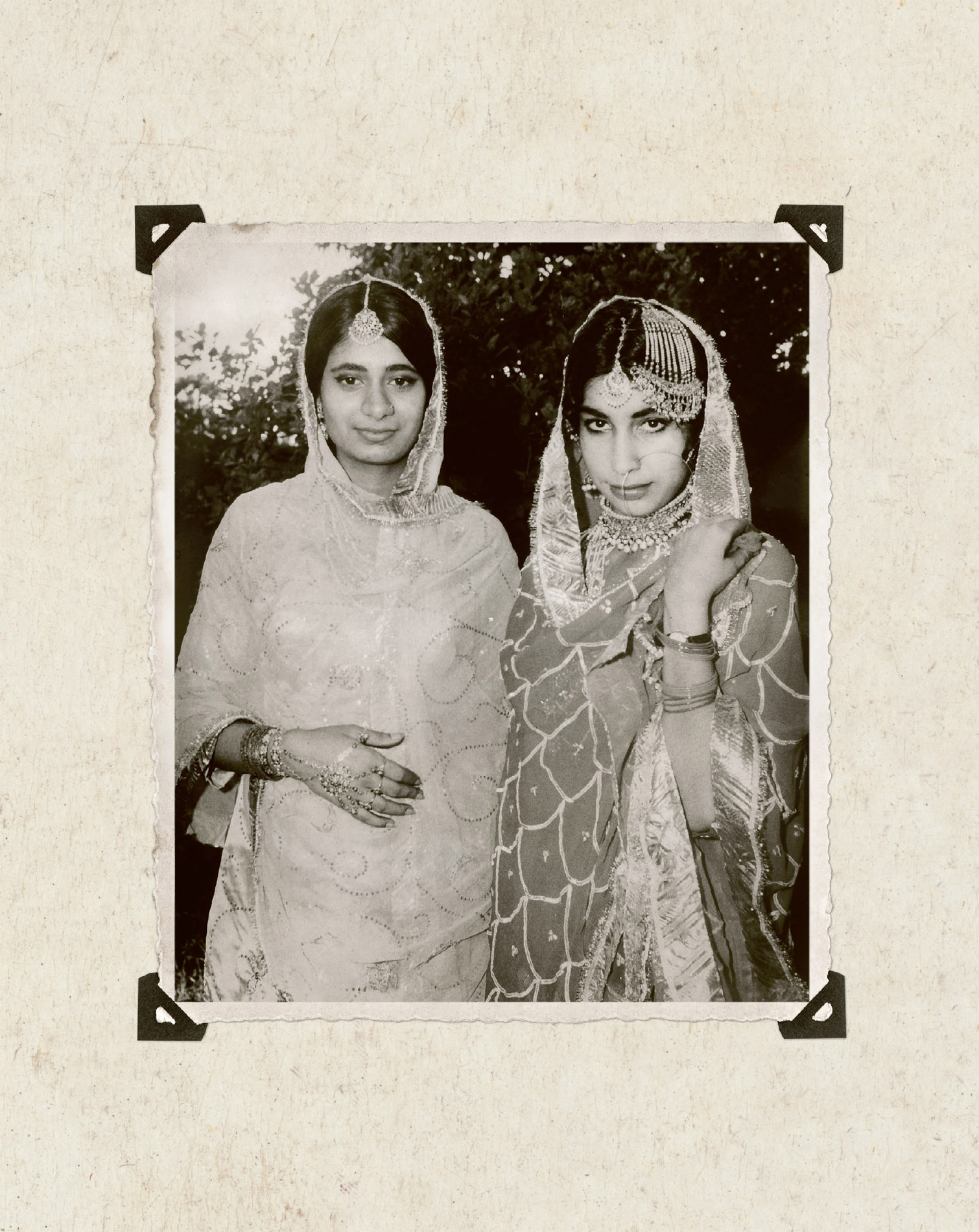
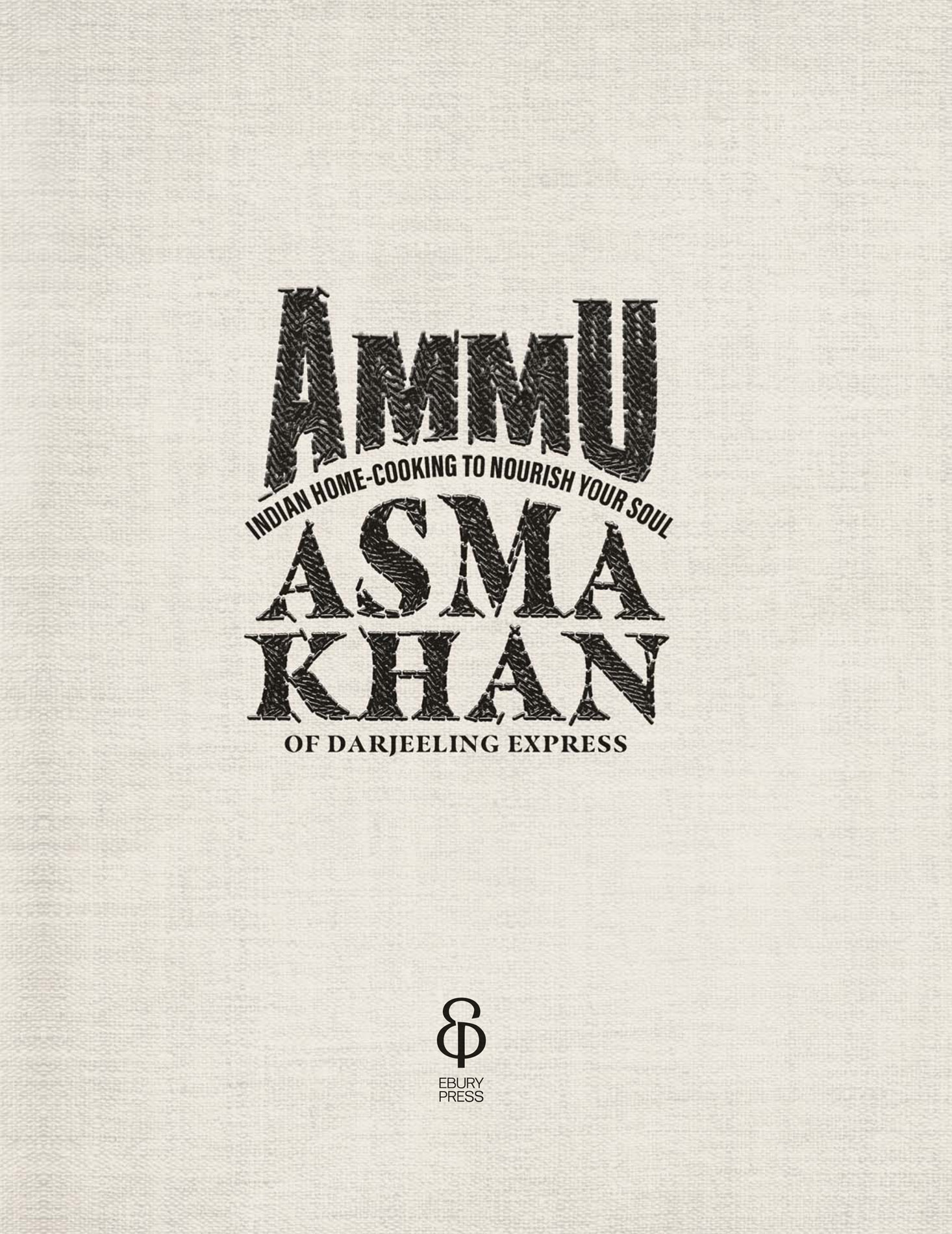
DEDICATION
I heard Ammus heartbeat even before I saw her face. I knew her voice and recognised her laughter even before she held me in her arms. Our deep bond began unseen by others, in the womb, and is the anchor of my life. This book celebrates the relationship between mother and daughter. It is a homage to my mother, who I call Ammu.
The picture was taken at a family wedding when Ammu was five months pregnant. Everyone at the wedding told my mother how it looked as if she was carrying a boy. The heir to the family name. It was not a boy. It was me. The second daughter, who was going to grow up and become the heir to all of Ammus recipes.
In this book, I celebrate a woman who is fiercely independent in her thinking, a woman ahead of her time, who managed to gently shake the patriarchy and was unafraid to be different from those around her, becoming a female founder of a food business. Ammus footprints are too big for me to match them, but I am following her path and using food to celebrate my familys culinary heritage and culture. I also use food to change the narrative of how female cooks are perceived at home and in restaurant kitchens. I wrote this book to share the life lessons and recipes I have learned from Ammu. I want to pass on the legacy that I have inherited from Ammu to others.
Now, separated by oceans, I still feel Ammus hand on me. Whenever I cook, in the aromas of the spices that infuse my kitchen, I feel her presence. When I was young, my father would tell me that heaven lay at the feet of my mother. I know it does. She is and will forever be my guiding light. My Ammu.
INTRODUCTION
This book is a collection of recipes from my childhood. A celebration of where I come from, of home cooking, and the inextricable link between food and love. It is a chance for me to honour my ammu my mother and to share with you the recipes that made me and root me to home.
We have all lived through a challenging time, where many found solace in cooking. Unable to spend time with our families, many of us sought the food of our childhoods. The recipes and the memories I want to share some sad, some happy all possess something universal. Food is a way for us to have this conversation about how similar we all are it connects us and unites us beyond differing appearances, accents, races and backgrounds. This book is a joyful celebration of memories of food and their power to heal. It is also an acknowledgement of the sacrifices parents make and the challenges they face while nurturing and feeding their children.
Ammu seems to be a combination of the word amma, which is widely used in South Asia to mean spiritual mother, and the Arabic word umm, also mother. It is a term used mostly in South Asian Muslim homes for their mothers. I love that the term has the influence of different cultures, just like the food I grew up eating. I was lucky to have grown up in a household where my parents came from different regions a wheat-growing area and a rice-growing one. Both had very different food preferences, as regional food varies, and we often had two styles of cuisines on the table at home to satisfy both sides! My father, who grew up in a semi-arid, land-locked region, would always want to eat dishes with less gravy to prevent the roti from becoming soggy, and never ate any fish. My mother, however, adored fish as she grew up in a region with plenty of it, freshly available. That I got to experience both styles of eating while growing up helped widen the breadth of recipes I have now at my fingertips.
In this book you will find quintessentially Bengali recipes, such as bhortas and chorchoris, Afghan recipes, such as the chapli kabab, Mughlai kormas, which have their origins in Persia, koftas influenced by the Turks, and even a recipe for leg of lamb whose origins can be traced back to Alexander the Great. Indian cuisine has been influenced by a myriad of culinary styles over the centuries and this has given the cuisine the depth it has in flavour and spicing.
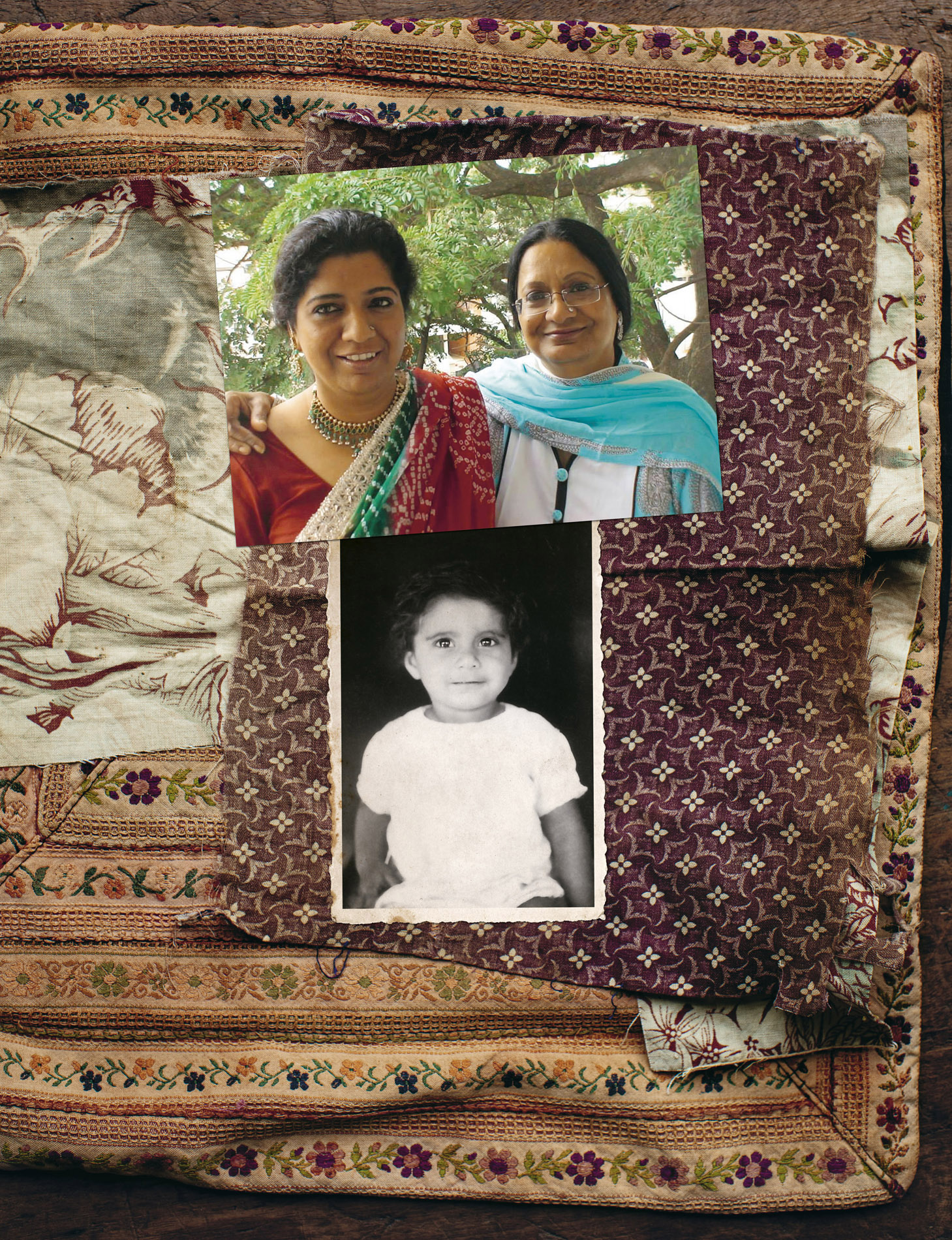
Top: Me and Ammu celebrating Eid in Bangalore in 2013.
Bottom: A rare childhood picture of my mother on her own. Most photographs I have seen of Ammu as a child have her siblings or other relatives in the picture. She was the third daughter and was fortunate to have received a lot of time and affection from her paternal grandmother, her great grandmother, and her aunt, Shaukat Chachi, the latter of whom taught Ammu how to knit, embroider and also to cook.
MONSOONS & MEMORIES
It rains a lot in England, but it never feels like the monsoon rains of my childhood. Usually, the monsoons arrived in the Indian month of Sawan. In Calcutta (now Kolkata), it felt as if it was raining continuously from the end of July. I remember watching the relentless monsoon downpour sitting on the windowsill. It was like watching an immersive theatrical performance with sounds, sights and smells: the aroma of the fragrant damp earth, the musical call of the koyal, the Indian cuckoo, as it took shelter under the leaves, and the sound of the raindrops as they fell on the stone benches in the garden. My father would pass by the window where I was sitting, humming Megh Malhar under his breath a raga inspired by the monsoons. He would then break into song. One of the songs he would sing was a song of lament written by the great Sufi writer Amir Khusrau. The words are etched into my heart: amma mere babul ko bhejo ri ke savan aaya savan aaya . In the song, a married daughter who is no longer living near her parents is pleading with her mother to send her father to bring her home as the monsoons have arrived. Thirty monsoons have passed since I left home.
This cookbook is a collection of memories of monsoons and family meals and is dedicated to Ammu, who nurtured and nourished me. We have a bond that is hard to describe. In her, I see myself. I know she sees herself in me. Both of us are middle children our births uncelebrated. Ammu was the third of five daughters. I was the second daughter. My mother never talks about her childhood experiences, but in the way she treated my sister Amna and me equally to my brother Arif, she showed us how every child should be cherished and treated the same. The pressure of a patriarchal society and the feeling that she let the family down by not producing a male heir when I was born was a fleeting thing for my mother. She never let that initial disappointment impact our relationship.
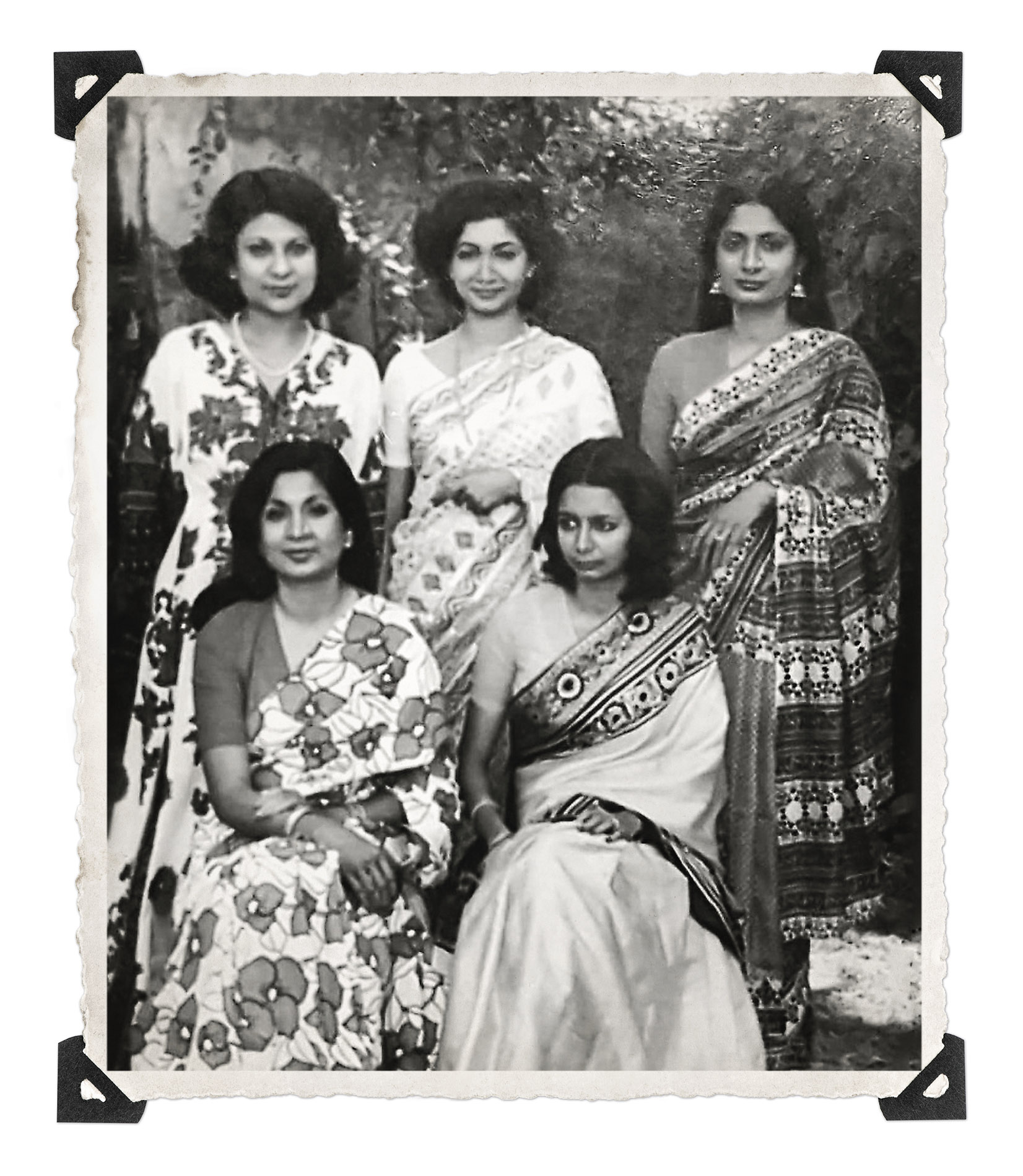
Ammu with her siblings. From left to right standing: Afsana, who was next oldest to my mother, Farhat who was the next youngest, and Ammu. From left to right seated: Rehana, the oldest and Almas, the youngest sister.
MY JEWELLERY BOX
I was given this jewellery box when I left home as a bride. I always remember the box being called a sunduq, an Arabic word for box or crate. The velvet lining was changed when it was given to me, but the age of the box is evident from the stained mirror and the dents and marks along its edges. The new blue velvet covering and a deep oil varnish could not hide its age. Ammu has a similar box in India, which is larger than mine, in which she keeps her glass bangles. On the last night of every visit back home, my mother has a standard ritual: she picks a selection of her glass bangles from the box and gives them to me. I carry them carefully to England and I store them in my
Next page
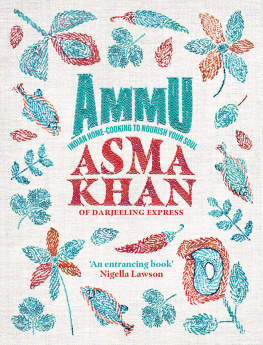
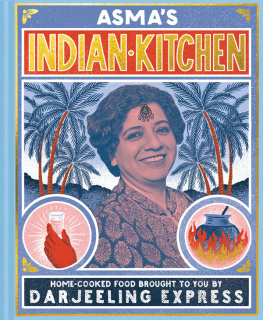
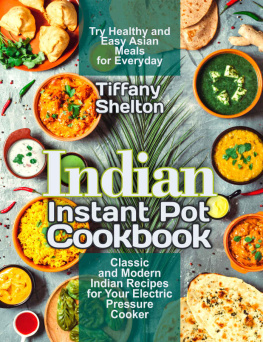

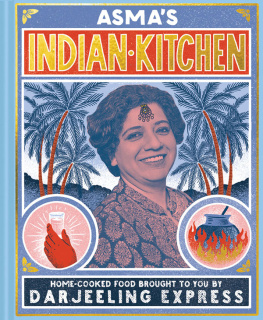
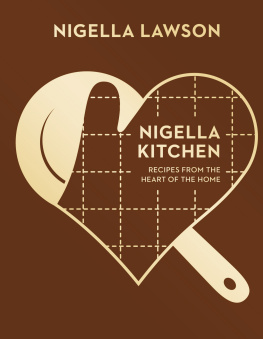
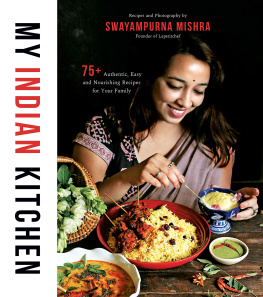
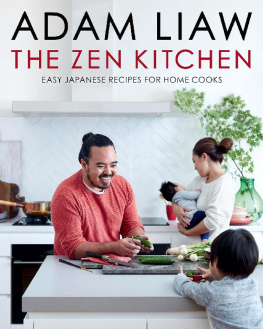
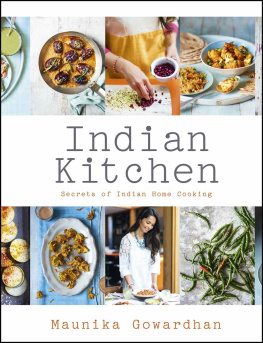
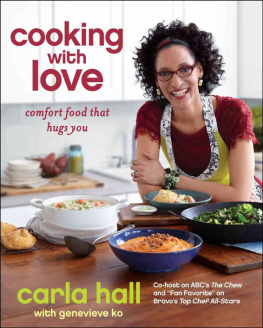




 Ammu with her siblings. From left to right standing: Afsana, who was next oldest to my mother, Farhat who was the next youngest, and Ammu. From left to right seated: Rehana, the oldest and Almas, the youngest sister.
Ammu with her siblings. From left to right standing: Afsana, who was next oldest to my mother, Farhat who was the next youngest, and Ammu. From left to right seated: Rehana, the oldest and Almas, the youngest sister.